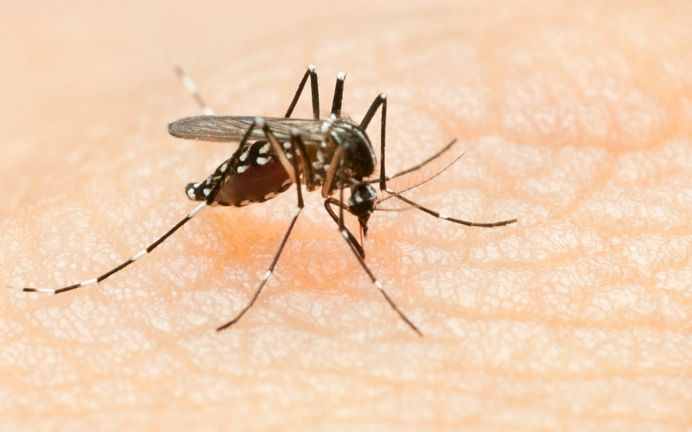Page updated 03 February 2026
Dengue fever outbreak in the Pacific

Page updated 03 February 2026

Several Pacific Island countries are reporting increased dengue activity. The Cook Islands has been particularly affected, with more than 500 cases reported since the outbreak began on 22 May 2025. Dengue transmission remains active, and case numbers continue to rise. Health officials in the Cook Islands are closely monitoring the situation which involves two dengue virus types (DENV1 and DENV2).
Other Pacific countries experiencing an increase in dengue cases include Samoa, Tuvalu, Nauru, Kiribati and American Samoa.
Dengue is a viral infection that spreads from mosquitoes to people. It is more common in tropical and subtropical climates.
Dengue can be life threatening and people who have previously been infected with dengue are at an increased risk of developing severe dengue if they contract the virus again.
See our advice, including advice on preventing Dengue fever here.
To avoid dengue while travelling to the Pacific, you need to take extra precautions.